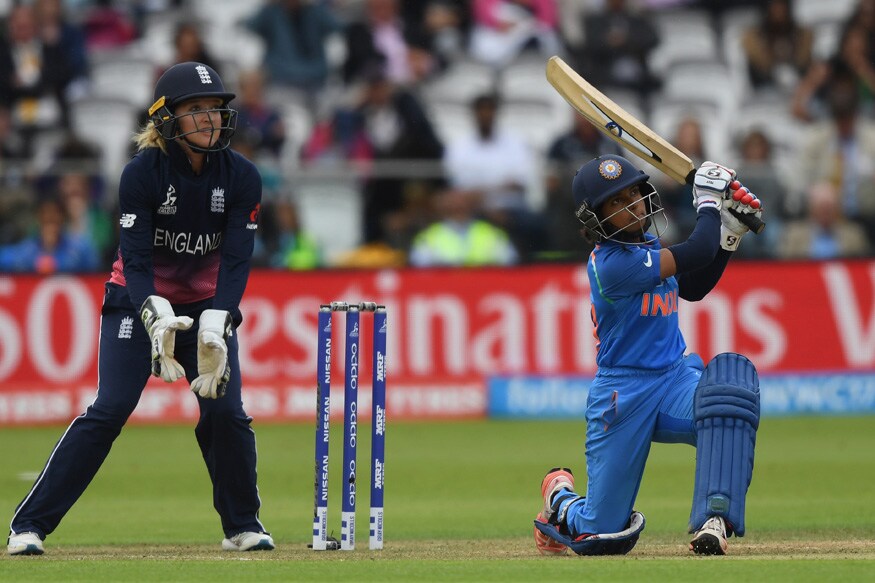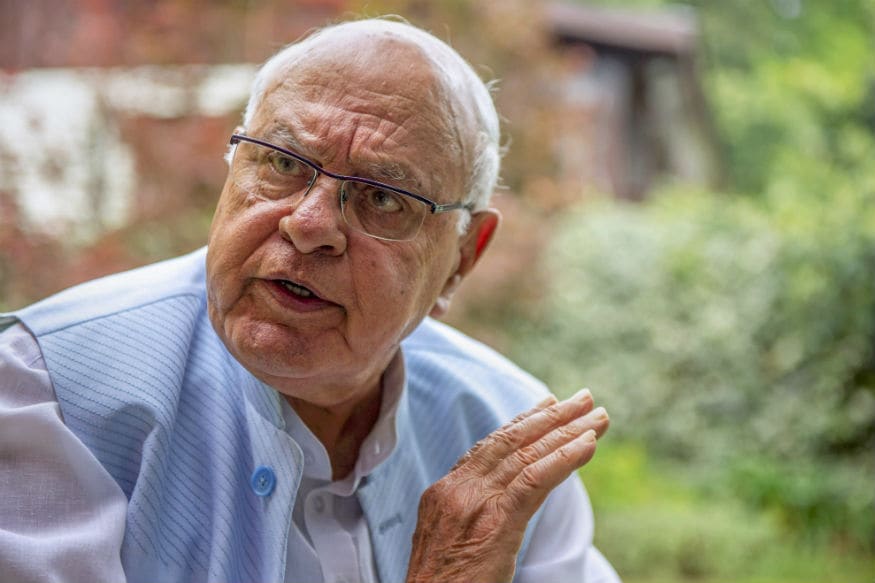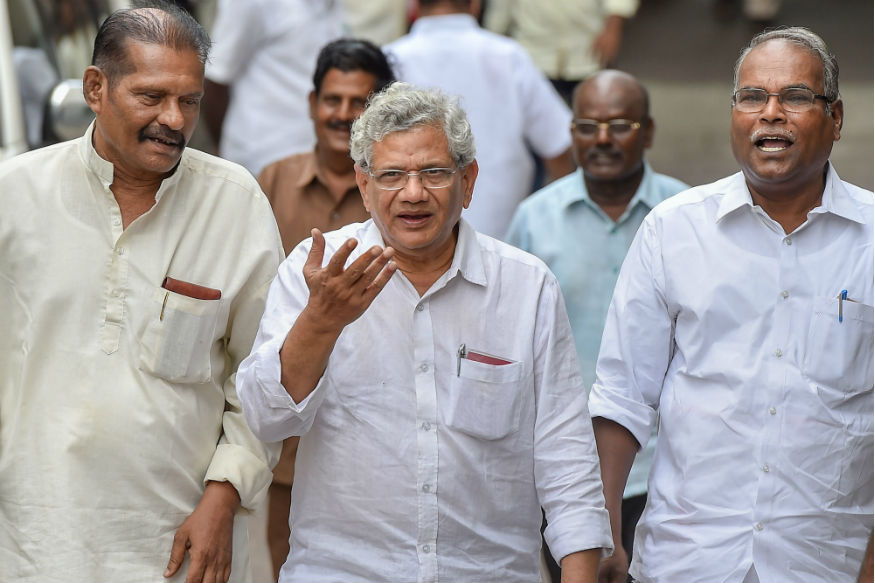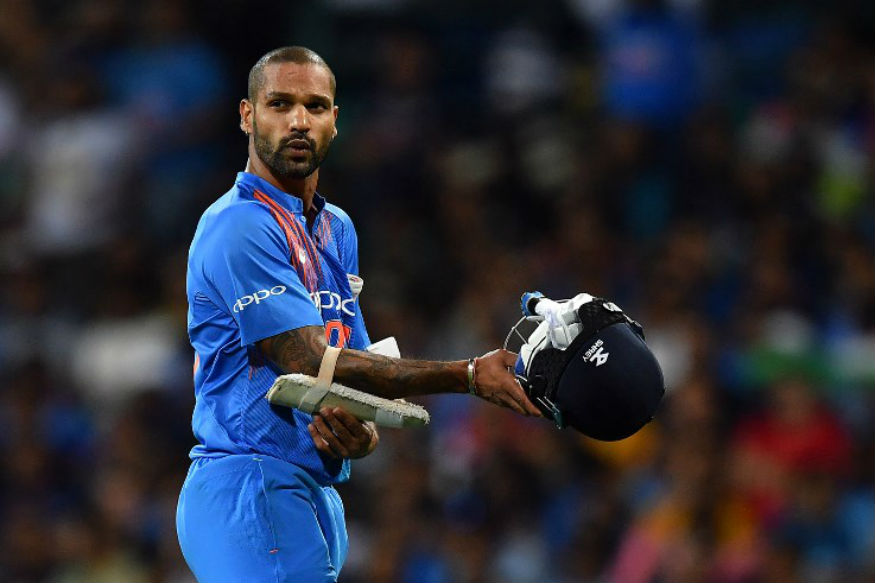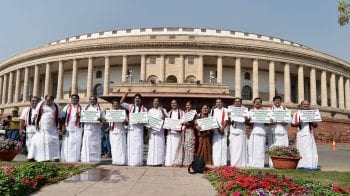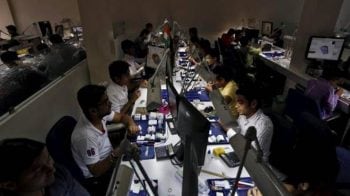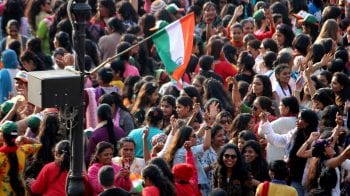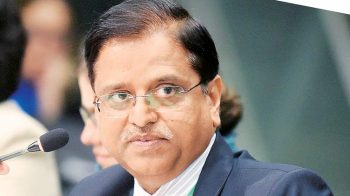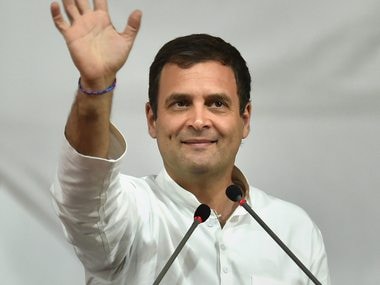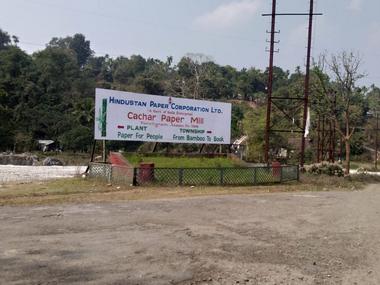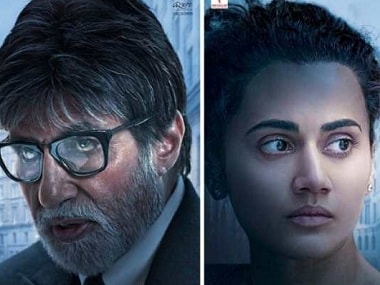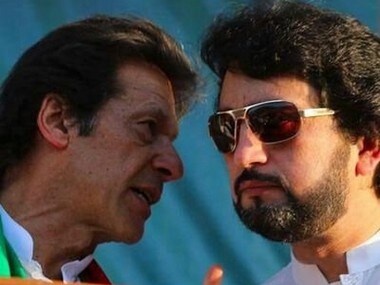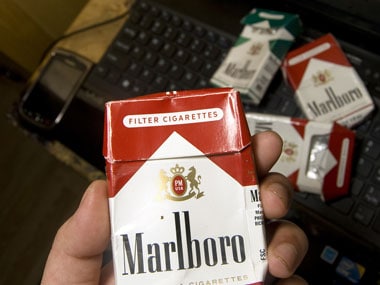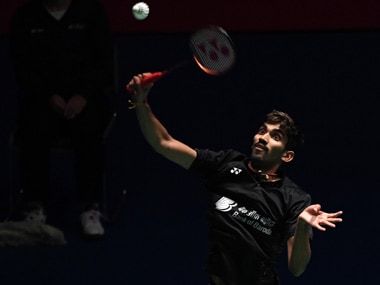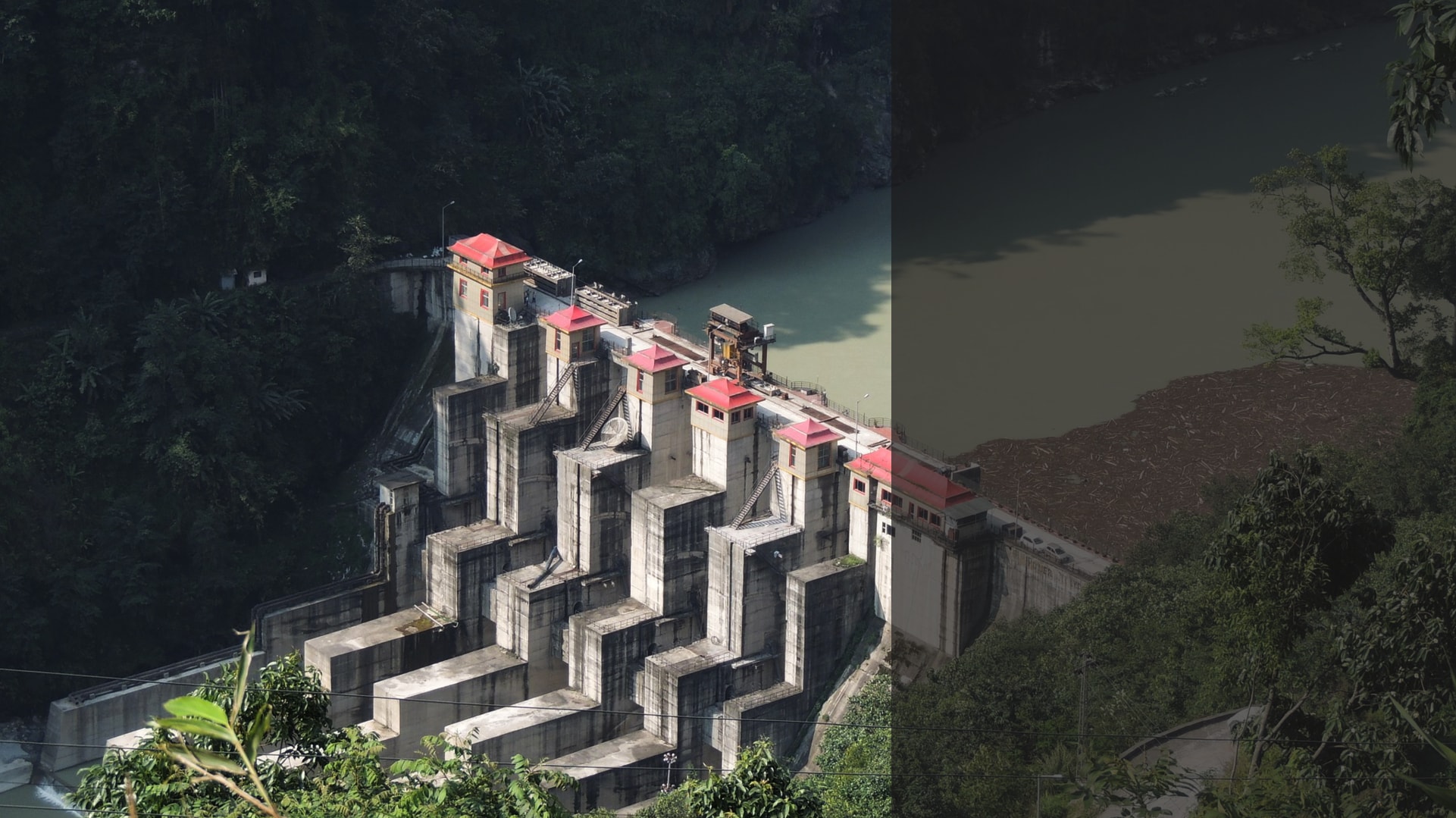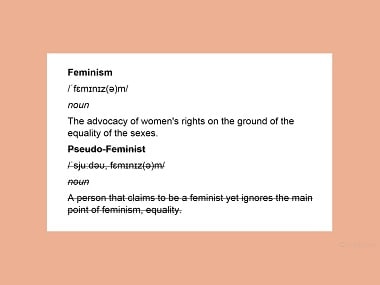Union ministers Sushma Swaraj, Arun Jaitley and Nitin Gadkari lay the foundation stones of two high-speed highway corridors — Rs 90,000-crore Delhi-Mumbai Expressway and Rs 9,000-crore Dwarka Expressway
Prime Minister Narendra Modi on Friday inaugurated multiple development projects in Uttar Pradesh, including the 9.63 km-long extension of Delhi Metro’s Red Line in Ghaziabad, the new civil enclave at Hindon airport and laid the foundation of the ambitious Regional Rail Transport System (RRTS).
The Dilshad Garden-New Bus Adda section is an extension of the 25.09-km Rithala-Dilshad Garden corridor or Red Line, which has 21 stations. The entire Red Line now spans 34.72 km.
After flagging off the section, Modi also took a ride in a metro train from Shaheed Sthal (New Bus Adda) in Ghaziabad and interacted with commuters onboard. He took the ride till Kashmere Gate from where he deboarded, DMRC officials said.
"Passenger services on the Red Line extension from Dilshad Garden to Shaheed Sthal (New Bus Adda) in Ghaziabad will start from 8 am on Saturday," said DMRC's Executive Director for Corporate Communications Anuj Dayal.
Two of the eight stations on the Dilshad Garden-New Bus Adda section have been renamed in honour of the country's fallen heroes. The Rajendra Nagar Metro station has been rechristened as Major Mohit Sharma Rajendra Nagar station and the end station New Bus Adda has been renamed to Shaheed Sthal (New Bus Adda). The other six stations on the stretch are Shahid Nagar, Raj Bagh, Shyam Park, Mohan Nagar, Arthala and Hindon River.
This is the second metro corridor in Ghaziabad after the Blue Line.
After the opening of this section, the total network of the Delhi Metro now spans 336.6 km with 244 metro stations. The DMRC's span in Uttar Pradesh is now 52.85 km.
Uttar Pradesh Governor Ram Naik, Chief Minister Yogi Adityanath, Union minister V K Singh, BJP state president Mahendra Nath Pandey and DMRC Managing Director Mangu Singh were also present during the inauguration function of the new metro section.
Modi also inaugurated the new civil enclave at the Hindon airport from where commercial flights would be operated to various places, including Shimla and Kannur. He later addressed a public meeting in Ghaziabad.
He also inaugurated and laid the foundation stone for a slew of projects worth Rs 32,500 crore in Ghaziabad, including foundation stone-laying of the ambitious Regional Rail Transport System (RRTS) that would connect Delhi and Meerut via Ghaziabad.
“Giving a new way to next-generation urban infrastructure, foundation stone was laid for Delhi-Ghaziabad-Meerut Regional Rapid Transit System (RRTS) today. This will the first RRTS project built at a cost of Rs 30,000 crore. Rapid rail and metro both will be running on this corridor in Meerut. Once this is completed, the Delhi-Meerut journey will be covered in less than an hour. Of this RRTS, commuters suffering will be removed and traffic system will be streamlined," the PM told the gathering.
Minister of Housing and Urban Affairs Hardeep Singh Puri was also present at the foundation stone laying function of RRTS and Meerut Metro services in Meerut. The RRTS corridor is being built at a cost of Rs 30,274 crore and is planned to be operationalized by 2024.
The RRTS will cover the 82km stretch in less than 60 minutes. The operating speed of RRTS would be 160 kmph and average speed of 100 kmph. The frequency of the trains would be between 5-10 minutes and there would be an RRTS station at every 5-10km.
" The population in cities is increasing rapidly. Therefore, public transport and intercity linkages are a must. If you make a rapid transit system, there would be many people who would prefer living in Meerut and NCR and come to Delhi for work. I am confident that RRTS project would be completed on time and will improve the ease of living of people living in Meerut and nearby areas along with improving the region’s economic situation," Puri said in Meerut.
The RRTS will pass through some of the most densely populated sections in Delhi and Meerut. Starting from Sarai Kale Khan in Delhi, the corridor will go up to Modipuram in Meerut, joining many urban cities such as Anand Vihar in Delhi, Sahibabad, Ghaziabad, Muradnagar and Modinagar in Uttar Pradesh.
While the Meerut Metro would mostly be elevated, it would run underground in high density areas like Bramhapuri, Meerut Central, Bhaisali and Begumpul.
The Delhi-Ghaziabad-Meerut RRTS corridor is first of the three prioritized corridors planned for implementation in Phase-1. The other two are Delhi-Gurugram-SNB-Alwar and Delhi-Panipat Corridors.
In his constituency Varanasi, the PM earlier laid the foundation stone for the Kashi Vishwanath Temple's approach road and its beautification, and also inspected the project site.
In Kanpur, PM Modi laid the foundation stone of Panki Thermal Power plant and unveiled plaques to mark the launch of various development projects. He also flagged off the commercial run on Lucknow Metro's 23-km-long north-south corridor, through video conferencing from Kanpur and symbolically laid the foundation stone for the Agra Metro Rail project at the same event.
Modi also distributed keys of houses to the beneficiaries of PM Awas Yojana.
Earlier in the day, Gadkari along with Union Finance Minister Arun Jaitley and External Affairs Minister Sushma Swaraj, also laid the foundation stone for 1,320 km long Delhi-Mumbai expressway and about 30 km long Dwarka expressway. The cost of these projects is Rs 90,000 crore and Rs 9,500 crore respectively.
The ministers also dedicated the Rs 1,217-crore Jaipur Ring Road to the nation.
While addressing the gathering, Swaraj said the Delhi-Mumbai Expressway will change the future of Mewat region, and "would bring it on industrial map of the country".
Jaitley was of the view that the Delhi-Mumbai expressway would link the two most important freight centres of the country, thereby boosting economic activity and generating great employment opportunities.
The Delhi-Mumbai Expressway will also speed up development and smart cities will develop along them, generating vast employment opportunities for local people, Gadkari said.
The greenfield Delhi-Mumbai Expressway will be India's longest expressway at 1,320 km and would reduce travel time between the metro cities to 13 hours from the current 24 hours, he said.
The much delayed Dwarka Expressway, once completed, will open newer avenues for industrial development in the entire region, he said, adding that these expressways will boost overall development.



















